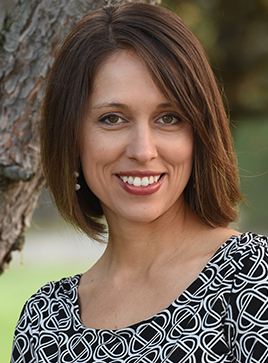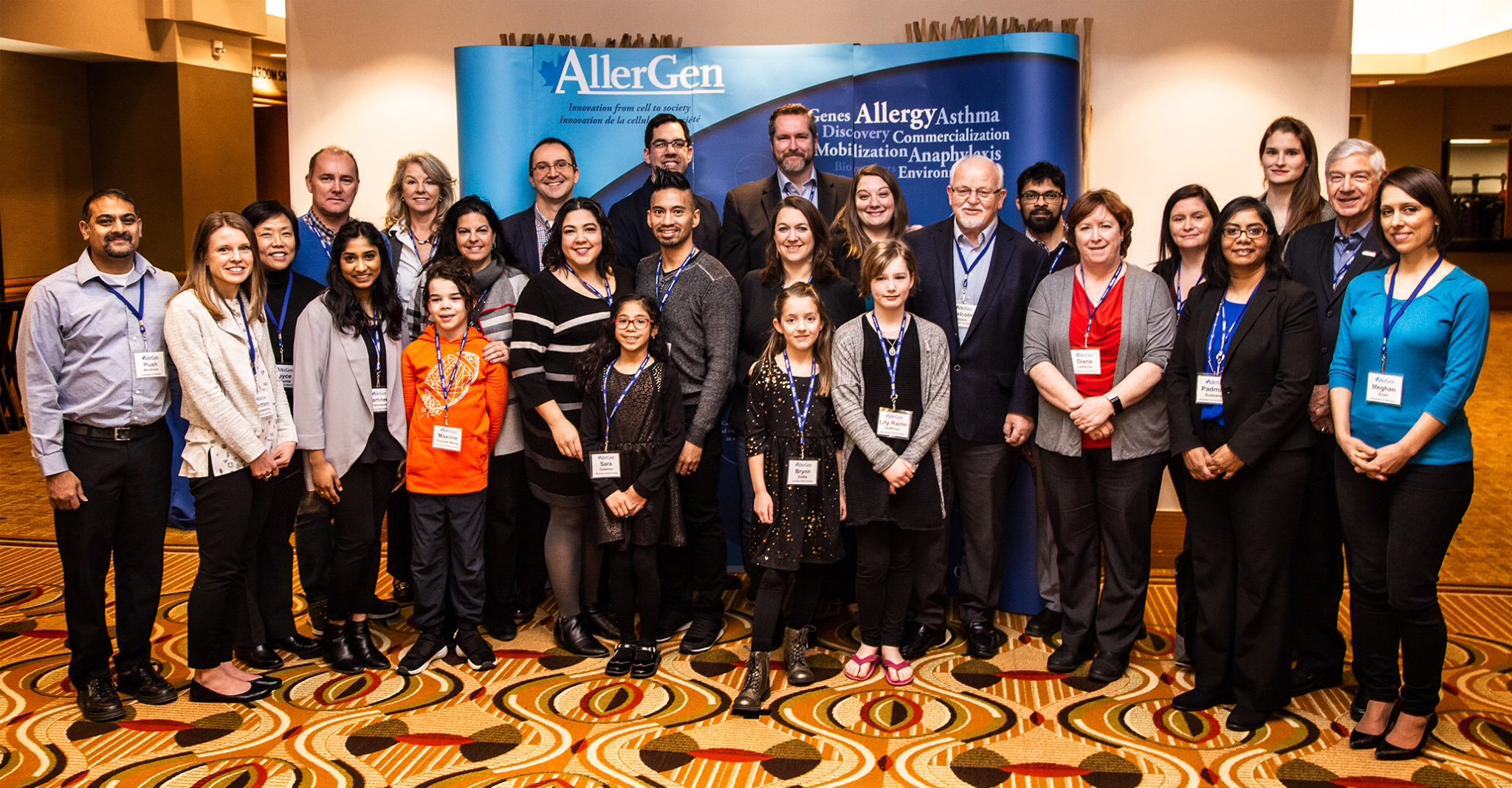COVID-19

Rapid research, rapid results: How the CHILD Cohort Study is tracking the pandemic’s impact on Canadian families

Long before the COVID-19 pandemic disrupted nearly every aspect of our lives, Dr. Meghan Azad became one of the lead investigators in a national research study designed to track the ways in which early-life environmental, physical, and social factors can shape health.
The study, known as the CHILD Cohort Study (or CHILD), involves over 40 researchers and nearly 3,500 children (and their families). It has become internationally renowned for its rich pool of genetic, microbiome, and psychosocial data, and discoveries from the study often make headlines around the world.
It was "business as usual" this year for the research team and administrative staff—until COVID-19 entered the picture.
"For the last decade, CHILD has been collecting loads of information about the participants' physical environment, their physical health, their mental health, and how these families are growing up over time," explains Dr. Azad, who is the co-leader of the study's Manitoba site and Associate Professor in the Department of Pediatrics & Child Health at the University of Manitoba. "When the pandemic hit, the research team started talking about what a major event we were all living through—and when we considered how likely it was that this event could influence the health and well-being of the CHILD families, we knew we had to collect more information to document everything that was going on."
She notes that there are both direct and indirect impacts of the pandemic that will likely affect health, and both sides need to be better understood in order to control outbreaks and minimize the unintended negative effects of doing so.
"For example, public health measures like social distancing policies and school and business closures have been necessary and have helped slow the spread of COVID-19 in Canada, but we don't know how they will affect mental health and well-being in the long term—especially for children," she explains. "And we still have a lot to learn about the immune response in both children and adults, particularly in terms of being able to predict who will become very sick if they contract the virus, and how the virus spreads in different families."
With study sites in four provinces, CHILD is uniquely positioned to gather the types of information that will shed light on these issues—and thanks to new federal and provincial funding, Dr. Azad is now leading a new layer to the study that is focusing exclusively on COVID-19.
What is the CHILD Cohort Study?
The CHILD Cohort Study is advancing our understanding of the genetic and environmental factors that contribute to the development of allergies, asthma, obesity and other chronic diseases.
The study launched in 2008 and subsequently recruited nearly 3,500 pregnant women in Vancouver, Edmonton, Manitoba and Toronto. These volunteers gave birth between 2009 and 2012, and the researchers have collected information from and about the children (and their families) since the day they were born.
CHILD is a prospective longitudinal birth cohort study, which means that the researchers are gathering biological samples and data at specific points in time over a number of years—but they are not intervening in the children's lives.
CHILD researchers have already made many important discoveries, including the association of breastfeeding, delivery mode, antibiotics, air pollution, pets, household cleaning products, sleep, screentime, and food and nutrition with child health and development.
These findings are influencing medical practice, parenting choices, consumer product regulations, and policy development to improve the health and well-being of all Canadian children for years to come.
Additional information
- CHILD Cohort Study videos
- CHILD Cohort Study posters – created by participating children (8-11 years old)
For this new research, CHILD families will complete brief biweekly surveys via text message to track if anyone in the household is experiencing COVID-19 symptoms. They will also receive antibody testing kits that they can complete at home in the winter and again in the spring (2021). The kits, which involve collecting a small blood sample with a finger poke test, will be sent back to the lab for analysis to determine if the participants have had the virus, whether they have shown symptoms or not.
"The antibody testing kits will let us monitor the infection rates of the CHILD cohort families, but we'll also be able to look at factors that influence susceptibility and severity [of illness]," Dr. Azad continues. "We recently collected biological samples from the cohort at their follow-up visits from 2017 to 2020, so we can analyze their pre-pandemic health and immune profiles alongside our new data. Most studies won't have access to samples like this to do any sort of 'before and after' comparison, so we see this as a remarkable opportunity to look for factors that influence their disease risks or maybe even provide protection."
The families will also complete detailed surveys every three months about their physical and mental health during the pandemic. Given the CHILD Study's existing data on their emotional well-being, child behaviour problems, and even parenting stress, Dr. Azad's team will be well equipped to identify and study changes in these areas over the coming year.
"Not surprisingly, research has already shown dramatically higher rates of psychosocial distress in Canadian parents of young children," she explains. "But almost all studies are looking at this at a single point in time during the pandemic and perhaps moving forward. In CHILD, we have data from before the pandemic, providing an opportunity to offer a broader perspective about changes in family dynamics. We're hoping to learn more about what factors predispose families to be strongly affected by this extra stress or resilient to it."
The project is already moving quickly, and this rapid collection of "real-time" data will contribute to pandemic response and recovery strategies across the country. Representatives from public heath units in each participating province and from the Public Health Agency of Canada are embedded in the research team, and everyone acknowledges the urgent need to better understand the pandemic's impact on Canadian families.
Dr. Azad is quick to acknowledge, however, that none of this would be possible without the participants, research staff and collaborations that were in place before the pandemic arrived. "We have such a great team," she says. "There are days when I think we just can't thank them and CHILD's participating families enough."
Related reading
- CHILD awarded $1.7M to study impacts of COVID-19 on Canadian families
- CITF awards CHILD Cohort Study more than $400K to study COVID-19 impacts
- New funding for UM COVID-19 research
- Research Manitoba Funds COVID-19 Rapid Response Grants and Clinical Trials in Manitoba

CHILD researchers and staff with family representatives from across Canada
- Date modified: